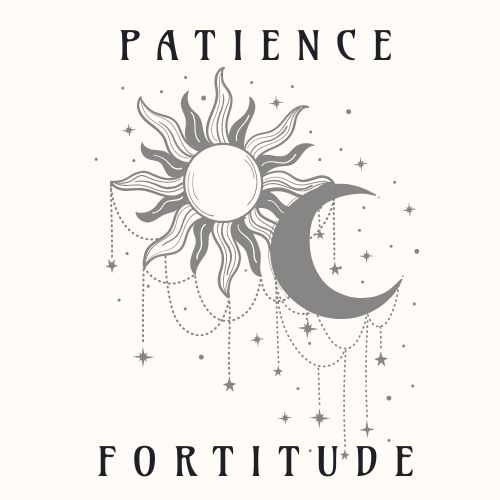Last week I bailed on facebook because of an encounter with a friend and fellow atheist, who dragged my character through the mud in order to justify his experiences with Alcoholics Anonymous. His entire argument rested on the fact that even an atheist can “accept a higher power” and that anyone who is unwilling to do so lacks humility and suffers from a god complex.
His attack so floored me that I just logged out.
As much as I criticize AA for its religiosity, I don’t begrudge it; it has worked for many people in helping them overcome terrible addictions and the situations those addictions got them into. What I do take issue with is an unwillingness to critique how it does NOT work for atheists like me, who find the whole “higher power” issue problematic to the extreme, and to then counter that there is something wrong with me because of that.
But these are the kinds of confrontations that assault us all the time, when dealing with emotionally laden topics such as addiction, grief, abuse, and mental illnesses. It’s not that people can’t understand our godless perspective, it’s that they really don’t want to because it challenges their own deeply held beliefs.
I am fortunate in that I rarely have dealt with direct confrontations with religious people about death and their insistence on an “after-life”, which I always feel like I have to put quote marks around because it is such a ridiculous term to me. I acknowledge a physical afterlife, in the sense that corpses don’t go POOF and disappear, that our bodies change and decay and become part of a different ecosystem. But I’m pretty immoveable with my understanding of a lack of a spiritual afterlife. To me, spirituality is an internal emotion much like love and sadness and anger — it does not exist outside of the brain, and when that brain goes dark, so does everything in it. I’m okay with that.
And my comfort with that fact terrifies some people, and disturbs them as much as my friend was bothered by my unwillingness to acknowledge any “higher power.” It is living proof that maybe their own beliefs just might not be true.
Which is never my intention (I leave the aggressive debates to other atheists), but that’s not a defense anyone ever respects, in my experience. Often, like my friend, they see this as proof of self-aggrandizement, and I’m just amazed by that because it’s the complete opposite. My understanding of total death is a profound acknowledgement of meaninglessness, both individually and collectively. We’re specks, even our whole planet is nothing more than space dust at the galactic scale. It’s an acknowledgement that there is no controlling my death or the rain cycle or the turning of the Sun, that I am simply who I am for as long as I am alive. I am no more a higher power than is some mythological “supreme being”; perhaps I do have a god complex in the negative sense, in that I feel I’m just as powerful as deities I do not believe exist. Which is to say: ultimately powerless.
But I’m okay with that, because lacking supernatural power over the world around me does not mean that I don’t love, that I don’t care for others or myself, that I don’t feel grief and pain and sorry. Nor does it mean that I am powerless in my own life. It means my power comes from compassion and love and humility, because there are no gods here, not even me. My strength does not rest in an external higher power, it comes from the people I know who love and support me, my equals in this journey.
We’re not inferior because we are atheists, or lacking some important component that makes us human by other people’s standards. We love, we grieve, we cry, we suffer, and we get up to face the day every morning with our integrity intact…if anyone ever asks more out of you than that, then they are wrong. It’s just that simple.
#
